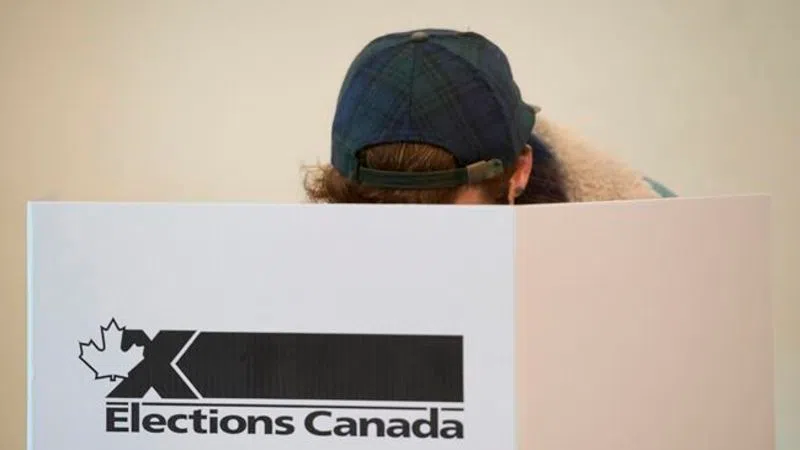
Baloney Meter: Is Elections Canada biased in favour of Liberals, as Tory claims?
OTTAWA — “Hard to trust the Liberal lapdogs at Elections Canada, who let Liberals-SNC off the $100K donation scam and has paid influencers to intervene in the campaign.” — Conservative MP Pierre Poilievre, Twitter post, June 10, 2019.
—
Pierre Poilievre has had Canada’s elections agency in his crosshairs for years.
As a backbencher in Stephen Harper’s Conservative government, the Ottawa MP repeatedly derided Elections Canada’s contention that the Conservative party illegally transferred money to local riding campaigns to pay for national ads during the 2006 election — the so-called “in-and-out” scheme that allowed the party to exceed its spending limit by more than $1 million. The Conservatives eventually agreed to a plea deal, admitted to having broken the law and paid the maximum fine of $50,000.



